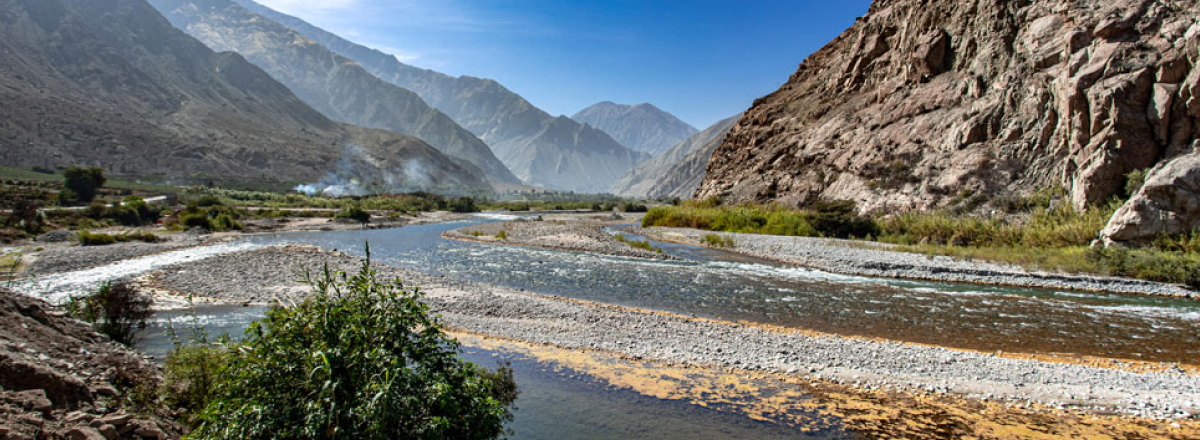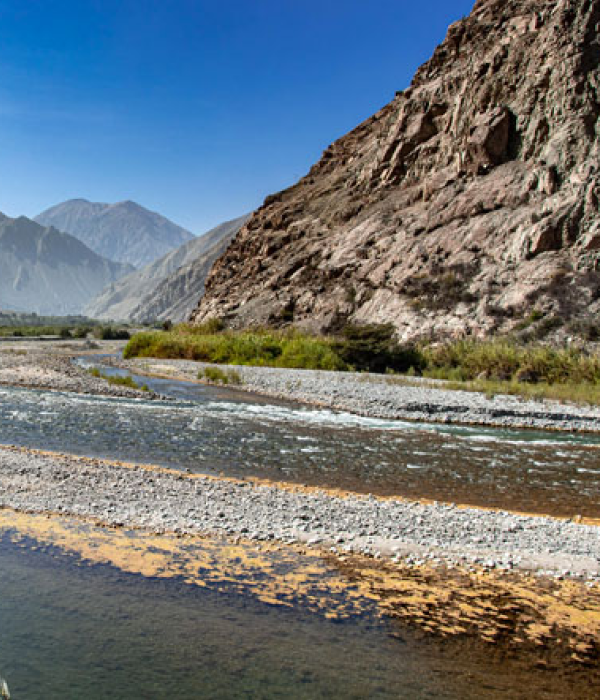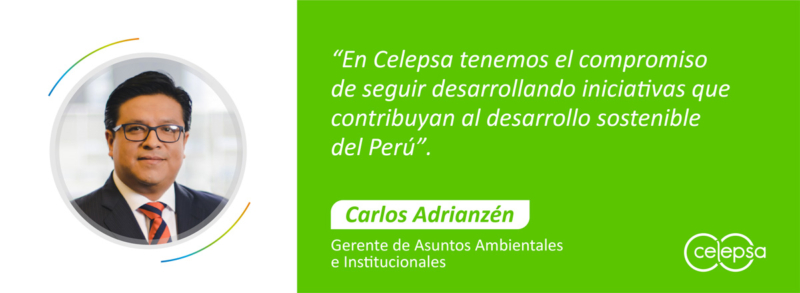News
04 Nov 2021
Celepsa wins the XII Corresponsables Awards in Ibero-America for its program in favor of the Cañete river


The winning project directly and indirectly benefits nearby communities and also establishes a series of parameters for its sustainability.
For its determined and committed support to the sustainability of a vital water source for the development of ecosystems, the technical committee of the XII Corresponsables Awards in Ibero-America recognized Celepsa with the award in the SME category for its "Program for the Sustainability of the Cañete River".
The Corresponsables Foundation, organizer of the event, held in recent months an open call for private, public and non-profit organizations that could present innovative initiatives in the field of social responsibility, sustainability and responsible communication.
Sylvia Neresoff, member of the technical committee of the XII Corresponsables Awards, presented the award to Celepsa. "At Celepsa we are committed to continue developing initiatives that contribute to the sustainable development of Peru". Said Carlos Adrianzén, manager of Environmental and Institutional Affairs.

Program for the Sustainability of the Cañete River
He also commented that for Celepsa the sustainable management of the Cañete River is key for the continuity of the business and the rest of the economic activities, which is why the Program for the Sustainability of the Cañete River was developed under the following lines of action:
- Water regulation, which ensures through Celepsa's infrastructure a minimum flow during the dry season and cushions the effects of floods during the rainy season.
- Improvement of the hydraulic infrastructure for the benefit of the communities, aimed at improving water intakes and lining irrigation canals.
- Promotion of clean rivers through the promotion of virtuous circles for the use of solid waste.
- Water consolidation through the conservation of key ecosystems in the headwaters of the basin.
The direct beneficiaries of this project are the nearby communities and local governments; and indirectly, the populations that depend on the Cañete River, as well as those of Lima, since this river is a fundamental source of water, considering that it is the second largest city located in a desert after Cairo.
In addition, this sustainable program benefits the country, even more so when it is known that Peru is vulnerable to the effects of climate change and that, in the next 40 years, it will only have 60% of the drinking water it has now.
